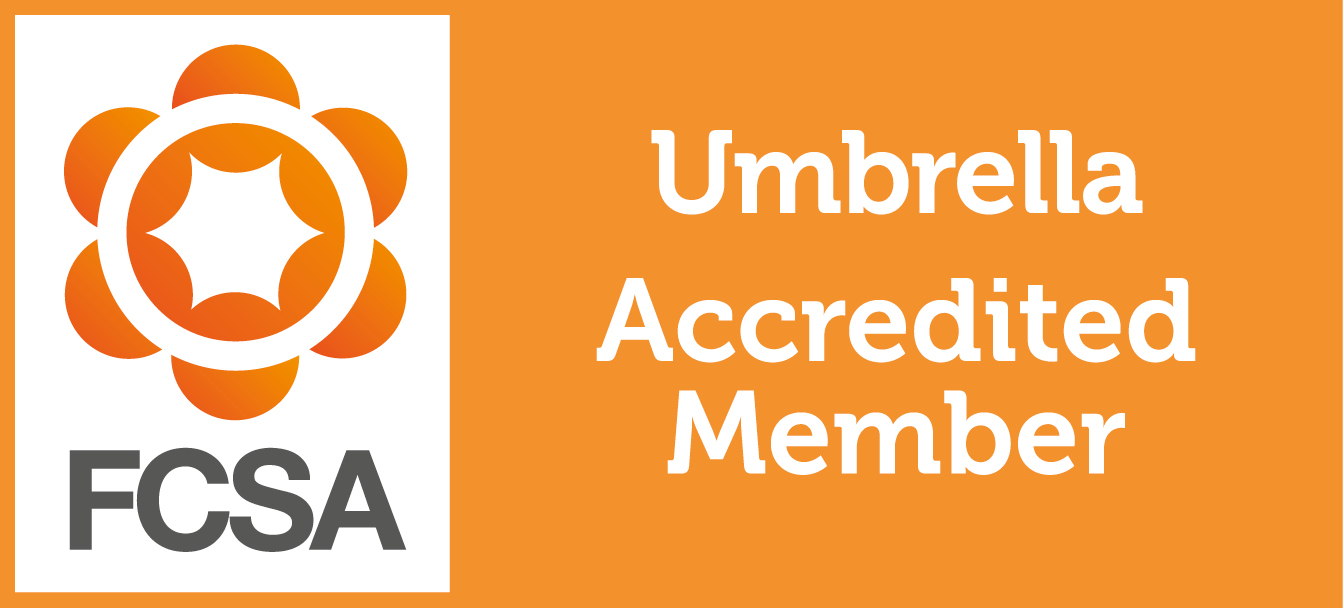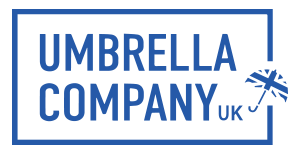
Getting to grips with the financial ins and outs of working with umbrella companies can be challenging. This guide aims to make it easier for you, providing a clear but detailed rundown of the essential factors at play. We’ll guide you through how the rules for deductible expenses have evolved, starting with crucial shifts caused by tax laws introduced in April 2016.
We’ll also delve into certain situations where the rules might not apply and discuss why working with an umbrella company is still beneficial, even with tighter regulations.
How have the rules regarding umbrella company expenses changed over time?
In this part of the article, we’ll examine how the rules for contractors working via umbrella companies and expenses have changed over time.
Pre-April 2016
Before the legislation was introduced in April 2016, contractors working via an umbrella company could claim various expenses to reduce their tax liability. It wasn’t just about travel and meals – it also encompassed equipment, professional subscriptions, and even certain forms of entertainment.
Post-April 2016
However, the tax authorities felt that many contractors were claiming expenses when they shouldn’t, as they were operating similarly to a permanent, full-time employee. As a result, they introduced Supervision, Direction and Control (SDC) legislation, which took effect in April 2016. This new rule effectively limited the types of expenses contractors working via umbrella companies could claim.
Supervision, Direction, and Control
What is SDC?
SDC is the acronym for Supervision, Direction, and Control, the three cardinal points HMRC employs to draw a line between what constitutes a genuinely self-employed contractor and contractors operating similarly to an in-house, full-time employee. This triad forms the backbone of how your working relationship is defined in the eyes of the HMRC.
Supervision
In the context of supervision, the focus is on the level of oversight you’re subjected to in your role. For example, is someone reviewing your work or ensuring it is completed to the required standards? If so, that qualifies as supervision, and it edges you closer to being considered a full-time employee in the eyes of HMRC.
Direction
In the context of direction, the focus is on whether or not you are following guidelines in executing your work. For example, is someone instructing or directing how you complete the assignment? The more rigid the direction, the less likely you’re considered a truly independent contractor.
Control
Control goes a step further than direction. It entails not just how the work should be done but what work should be done. If someone is dictating your day-to-day tasks, controlling your schedule, and setting your priorities, that indicates you are being “controlled.” Control also includes having the ability to move a contractor from one job to another.
How is SDC assessed?
Usually, a detailed SDC check will be carried out to understand the nature of your job and the terms of engagement. If the questionnaire finds the SDC applies, it will limit the type of expenses you can claim.
What does this mean for contractors?
Now, umbrella companies are much stricter about what you can claim. Recruitment agencies and end clients also need to approve any expenses which can be claimed as reimbursed expenses. But it’s not all bad news. You can still claim specific job-related expenditures when you complete a self-assessment tax return.
The new guidelines also allow you to claim travel and meal expenses if you are required to travel or work away from your usual place of work. If your job requires you to stay overnight away from home, you can claim those accommodation costs. This brings the expenses in line with what permanent, full-time employees can claim.
What expenses can you claim as a limited company director?
As a limited company director, claiming expenses is a simple way to operate your business tax-efficiently. Allowable business expenses reduce the amount of profit on which your company will pay Corporation Tax.
As a general rule of thumb, you can only claim for expenses that you incur wholly and exclusively during the everyday running of your business. You must make the payment through your company’s bank account.
Below are some examples of expenses you may claim as a limited company director:
- Working from home: You can claim tax relief for extra household expenses if your work requires you to operate from home for part or the whole week.
- Uniforms, work clothes and tools: You can claim tax relief for a uniform. Additionally, claims can be made for specialist clothing required for your work. Tax relief may be available on the costs of:
- Repairing or replacing small tools essential for performing your job,
- Cleaning, repairing, or replacing a uniform or specialist clothing.
- Vehicles you use for work: You may be eligible for tax relief if you utilise cars, vans, motorcycles, or bicycles for work-related tasks. This does not cover commuting to and from your workplace unless it’s a temporary work location.
- Professional fees and subscriptions: You can claim tax relief on:
- Fees for professional memberships provided paying these fees is a requisite for performing your job,
- Annual subscriptions to recognised professional bodies or learned societies, given that the membership in such entities is pertinent to your job.
- Travel and subsistence expenses: Should your job require travel, you might be eligible to claim tax relief on the expenditures incurred for food or overnight stays.
- Travel costs to and from your regular workplace are only claimable if the travel is to a temporary work location.
- You can seek tax relief for expenses like:
- Costs of public transportation,
- Hotel stays if an overnight stay is necessary,
- Meals and beverages,
- Congestion charges and tolls,
- Parking charges,
- Business-related phone calls and printing costs.
- Additionally, you might be eligible to claim tax relief on business mileage.
- Buying other equipment: Typically, you can claim tax relief on the entire cost of significant equipment, like a computer, required for your work. This is due to its qualification for a capital allowance known as the annual investment allowance.
When keeping track of expenses, having detailed records is not just helpful; it’s a must. Whether it’s fuel receipts or train tickets, keep a clear record of all your travel expenses. This should include key details like when you travelled, why you made each trip, where you went, and how you got there. If you ever get checked by tax authorities, such detailed records could save you from hefty fines or penalties.
For further information, it’s advisable to visit the HMRC website.
Why stick with an umbrella company?
Even with the legislation changes, there are several reasons why an umbrella company might still be the right choice for you. One such advantage is the provision of insurance. Many companies offer comprehensive insurance packages, including professional indemnity and public liability, offering an extra layer of financial protection.
Tax and NI paid to HMRC: One of the best things about compliant umbrella companies is how they handle complex tax rules. The umbrella company will deduct the appropriate amount of tax and NICs and pay them to HMRC on your behalf. You will never have to worry about receiving an unexpected tax bill.
Workplace pension: You will automatically be enrolled into a workplace pension scheme. Payments are made into your pension pot each time you are paid, which makes saving for retirement easy. Don’t worry – it is entirely your decision to use the umbrella company’s pension provider, and you can opt out if you wish.
Statutory benefits: As an employee of an umbrella company, you will be given access to Statutory Benefits similar to a permanent employee. This includes maternity/paternity pay and sick pay.
Simplicity: Another reason contractors are drawn to umbrella companies is the ease of use. These companies often have streamlined, user-friendly registration processes and simplified administrative procedures. This means less paperwork and more time to focus on your work.
Continuity of employment: When you register with an umbrella company, you will sign an overarching contract of employment. This means that you are seen as an employee of that umbrella company and can take on multiple assignments alongside each other. As your income is solely through one umbrella company, you are only seen as having one employer, so your tax code is not negatively affected.
Always use a compliant umbrella company for your payroll
In recent years, HMRC has increased their efforts to close tax loopholes and reclaim underpaid tax from contractors who have previously engaged with tax avoidance schemes. Here at Umbrella Company UK, we take compliance very seriously. We are one of the UK’s only FCSA-accredited and SafeRec Certified umbrella companies. Every time we process your payroll, you will receive a detailed audit report showing you have been paid correctly and compliantly, and you can rest assured you are in safe hands!
To request a free take-home pay calculation or to learn more about our umbrella service, please call our expert Sales Consultants on 01707 669023.






